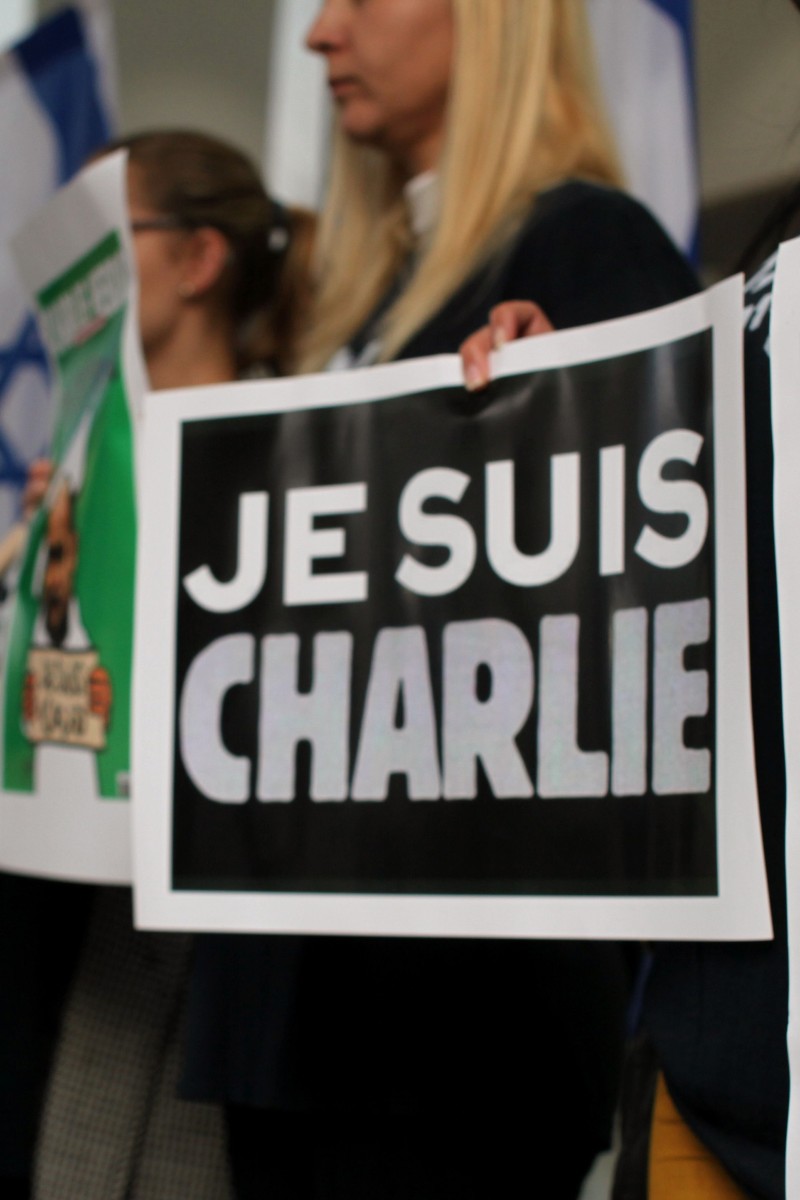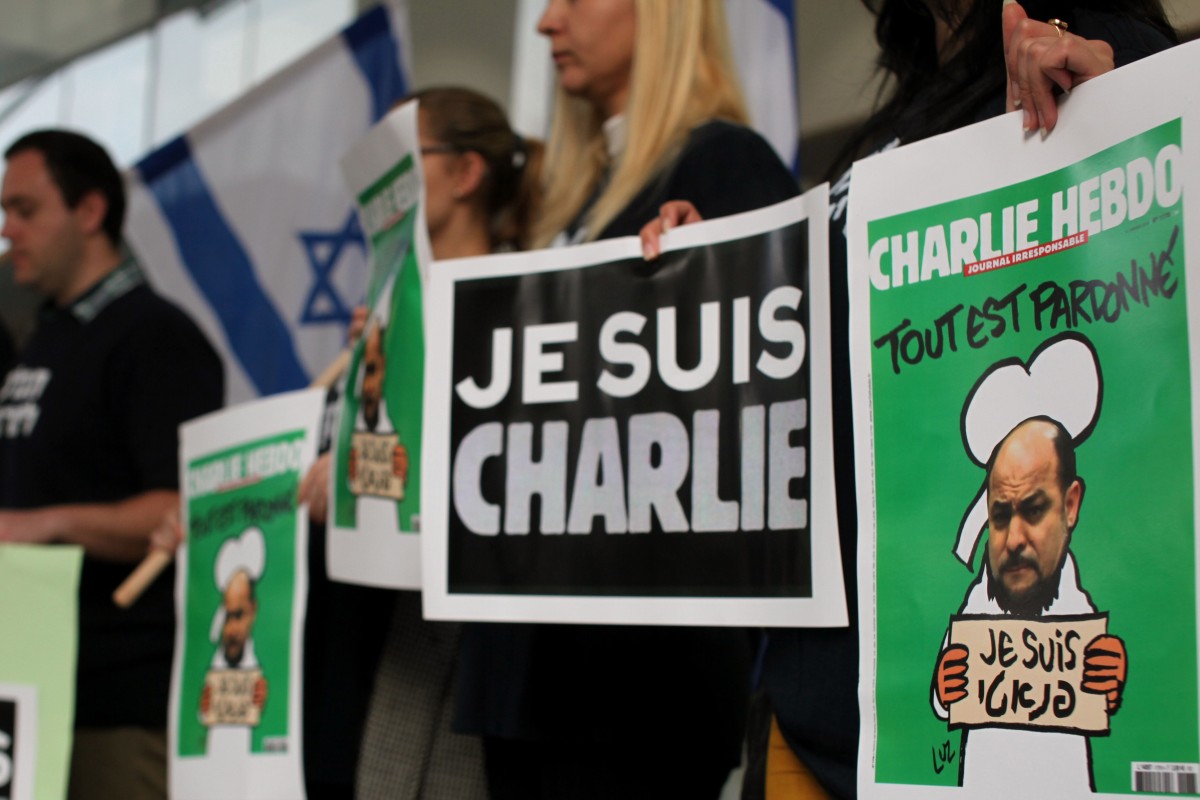
Charlie Hebdo attacks: freedom vs sensitivity

We’ve all heard of the tragic shootings in Paris at the offices of the controversial magazine Charlie Hebdo, which killed 12 people. And we’ve seen all over the news the aftermath and reaction: a mass unity rally of three million people in France, with more than a million marching in support of free speech and expression. World leaders attended from across the world, including from Islamic republics. The massively expanded publication of the next issue produced five million copies that were distributed across the world. There were banners, posters and hashtags of the now-famous slogan, “Je suis Charlie” (French for “I am Charlie”). Perhaps that says something about our personalised and self-centered mindset, especially in social media, and how maybe we find more of an emotional connection to something if it speaks to us personally, as individuals.
Anyway, the root of all of this lies in the West’s unfaltering convictions in the ideals of the freedom of speech. This clashes with the Muslim world’s value of religious sanctity, in which you may not insult Islam by defacing religious symbols like the Koran or mocking the Prophet Muhammad by drawing him. Charlie Hebdo has had a long history of ridiculing religious extremists and poking fun at religious figures. In fact, their latest publication showed Muhammad on the front cover, holding a sign saying “Je suis Charlie” with the headline “Tout est pardoné” (“All is forgiven”). This sparked many denunciations of the issue by Muslim-majority governments and furious protests by thousands of Muslims around the world from Indonesia to Senegal. Some demonstrations even turned violent, with protesters burning the French flag and clashing with police. This undoubtedly brings up the question: to what extent should we uphold the freedom of speech?
Let us turn to France, which was founded on the Enlightenment principles of liberty, equality, and fraternity, and its limitations on free speech. The contentious French comic Dieudonné M’bala M’bala was detained just after the Charlie Hebdo attacks because of a Facebook post of his that might have suggested his support for one of the gunmen, who killed four Jewish men in a kosher supermarket. In fact, several others across the country have been recently detained for supposedly exercising their freedom of speech. This raises suspicions of a double-standard hypocrisy in France’s judiciary system, and goes back to the question of the extent of this freedom.
France outlaws libel, racism-advocating speech, anti-Semitic hate-speech, and Holocaust denial, among a few other forms of expression. The United States bans speech meant to incite violence, false statements of fact, obscenity, threats and the speech of others under copyright laws. Clearly, the ultimate ideal of completely free speech is unrealistic practically and is not in the interest of nations seeking to maintain peace and social stability. However, did Charlie Hebdo, especially the latest issue, go too far? Should free speech that mocks or ridicules other groups of people, in this case numbering more than a billion, be allowed? Should we take into account respecting groups that would be obviously offended by our speech?
The simple answer is no. If we had to consider every possible party that may be offended by what we say, we would never say anything constructive. Just because some people may find what we say disrespectful or disagreeing doesn’t mean we should retract our statements unless it takes away their freedoms. A nation, its values, knowledge and beliefs are developed by the constant clashing of opinions, whittled and refined by every extra disagreement and heated discussion. If we never had controversial opinions, the world would be as bland as plain white bread, we would still accept geocentrism and deny climate change, and worse, we’d all be completely politically correct. On the other hand, don’t be afraid to correct other people, or object to your teacher, or challenge seemingly undisputable facts. The world is more malleable than you think. So I say go, Charlie Hebdo. Keep criticising, mocking, and challenging the status quo. You’ve changed the world.